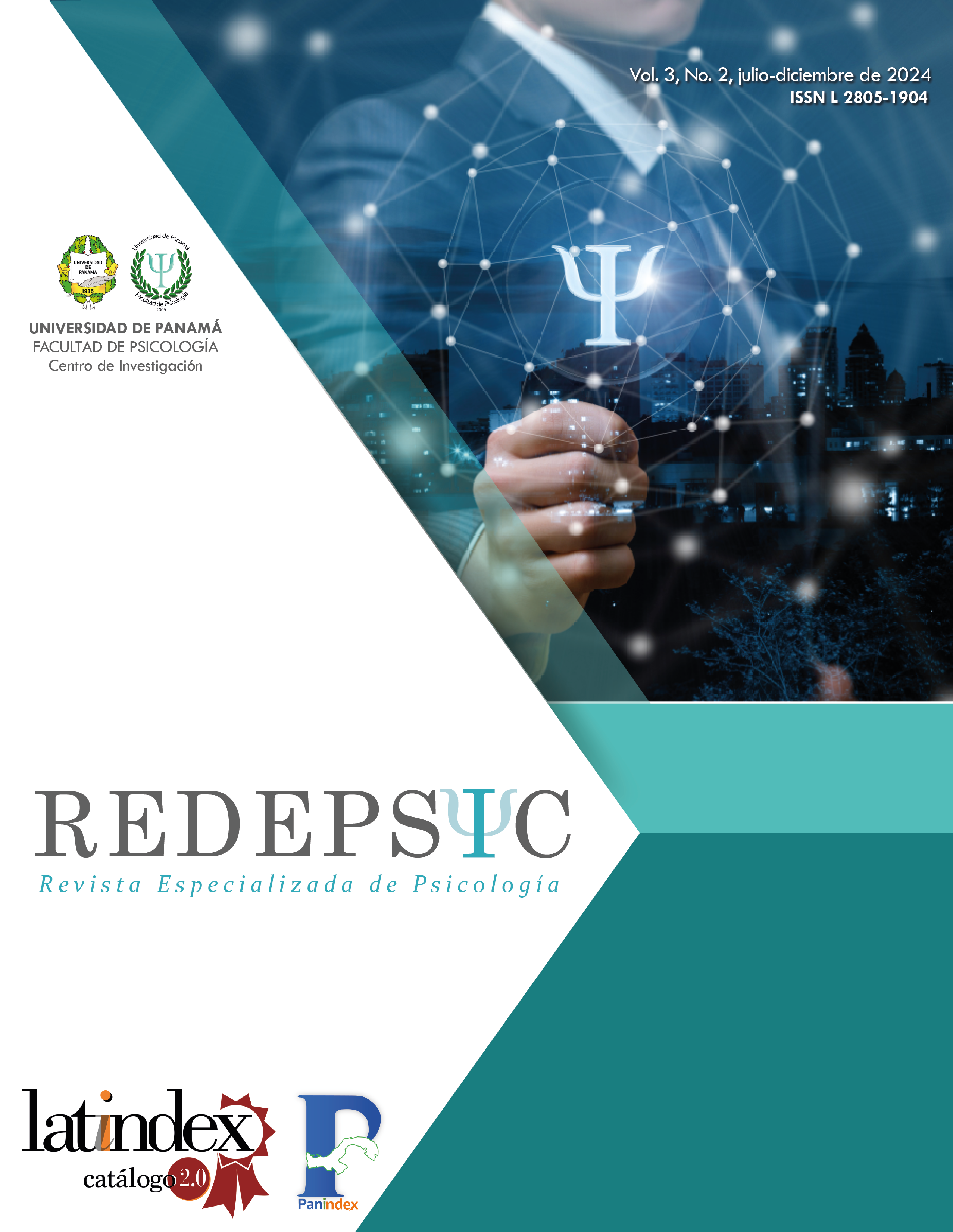

Irrational beliefs, according to cognitive behavior theories, are thoughts that someone maintain in an inflexible way and are not supported by logical or realistic facts. These beliefs are often cognitive distortions that negatively influence the emotions and behaviors of the people who hold them (Lega et al. 1997). The objective of this research is to evaluate the effects of Psic. 430 course on Cognitive Behavior Therapy, which includes a new module on mindfulness training. A
quasi-experimental design (pre and post-test) was used with a three month and a half follow up and a control group. The Irrational Beliefs Test (Jones-Calvet-Cardeñoso, 1999) and the Irrational Beliefs and Attitudes Scale (Lega, L. Caballo V. and Ellis, A., 1997) were used to evaluate 36 IV year students in the experimental group and 38 II year students, as a control group, all from the Psychology Department at the University of Panama. The results of this research confirmed that the program based on cognitive behavior therapy has significan effects on decreasing the intensity of irrational beliefs and attitudes on the students that have taken the course.